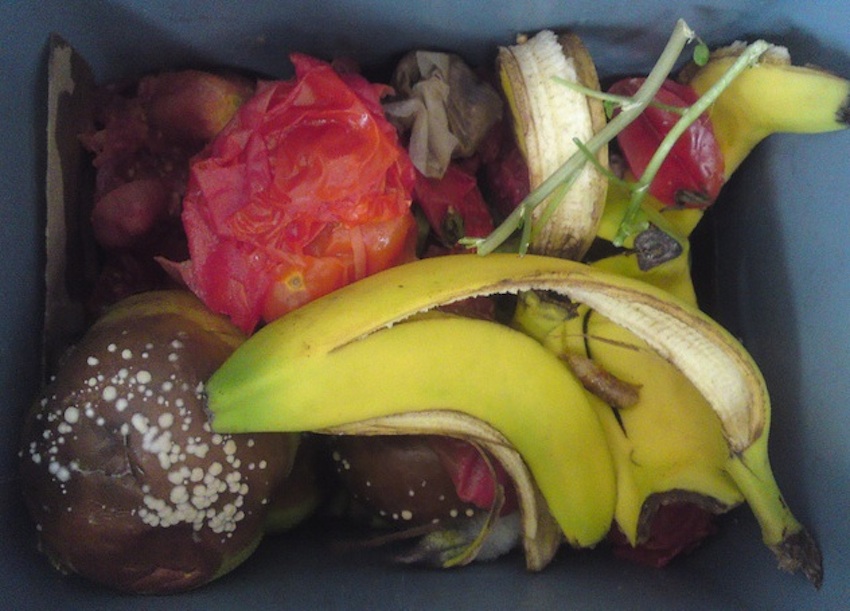Officials Want a Curbside Compost Pickup Program in Boston

Photo via Flickr and szczel
Recognizing the environmental benefits of recycling excess food and scraps to be used as fertilizer, Boston officials are eyeing a curbside compost pick-up program so the decaying matter can help landscape city parks, or be sold off to local farmers.
“Compost is rich in nutrients, improves the water-holding capacity of soil and encourages good root structure while reducing or eliminating the need for chemical pesticides, making it a great material for use in gardens, landscaping and agriculture,” according to a petition filed by City Councilors Matt O’Malley and Felix Arroyo.
Going beyond the city’s recycling efforts, the pair of officials wants to implement a pilot program that would collect compost at peoples’ curbsides so it could benefit the local agriculture. According to Arroyo and O’Malley, city-run curbside composting programs have existed in over 90 cities in the country, some for decades, including Portland, Oregon, Seattle, and San Francisco.
“We did some more research into it…when you see a city like San Francisco, they reduced their trash by 78 percent,” says Arroyo, adding the idea to bring a program to Boston stemmed from a community meeting with Jamaica Plain residents. “In Portland, they got so good at this that they do trash pickup every two weeks, instead of every week, because there isn’t too much trash anymore. We see some potential here as to what’s possible in a large city. Anytime we reduce what’s going into our landfills we have done something very good, and that’s what this is about.”
In 2012, across the Charles River, Cambridge officials kicked-off their own feasibility study with plans to roll-out a compost collection program with curbside pickup at more than 800 participating households. As the idea develops in Cambridge, the city is also looking at 10 sites where they could dump the food waste for composting purposes, something O’Malley and Arroyo would like to mirror. “The finished compost can be used for landscaping in Boston’s parks and gardens or could be sold to local farmers, creating a full circle of food returning to food for Boston,” according to a request for a public hearing about the prospect filed by the city councilors on March 20.
The full City Council will hear remarks from the duo during a scheduled meeting on Wednesday, March 27, before sending the request to the appropriate committee for a public hearing and review.
Boston already has a program that collects compost from businesses and households, but it isn’t run or funded by the city. Jamaica Plain-based startup Bootstrap Compost takes trips around Boston by bike, picking up food waste from constituents and contracted business owners. To date, the company has 400 residential customers and 21 commercial customers, and has diverted more than 170,000 pounds of food scraps for composting in the past two years. O’Malley and Arroyo plan on inviting Bootstrap Compost representatives, as well as members of Boston’s Department of Public Works, to the tentative public hearing to discuss the benefits of a city-wide curbside pick-up program.

